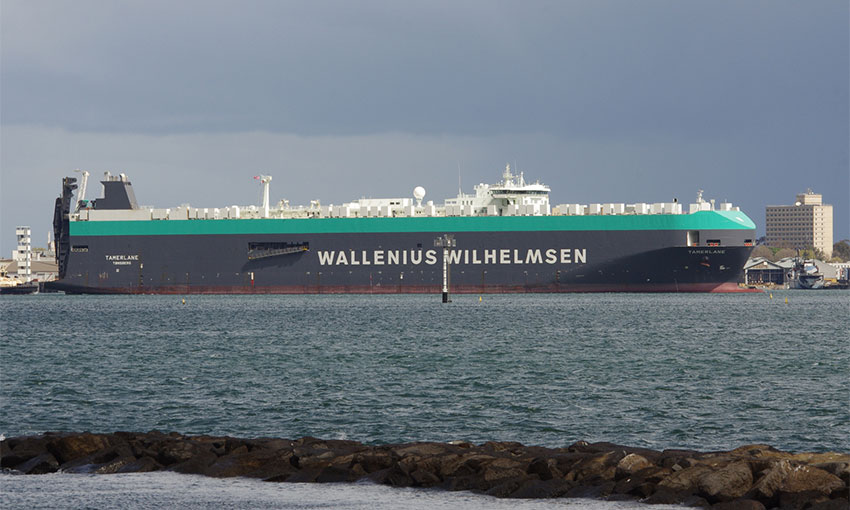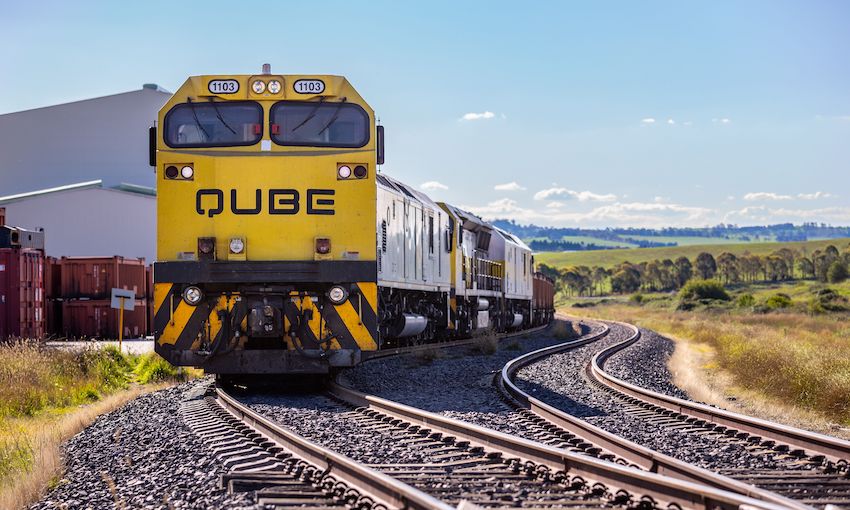GLOBAL PCTC and ro-ro operator Wallenius Wilhelmsen turned in record results in 2023, a year the company described as exceptional “financially, commercially, and operationally”.
Releasing its annual report in Oslo late last week the company said the strongest financials on record were due to capacity constraints in the car carrier markets and general increased demand for cars and heavy equipment. This had led to solid earnings and renewal of multi-year contracts at rates reflecting the current market.
The group delivered an all-time high EBITDA at US$1807 million, up 18% from 2022. Total revenue was US$5149 million for FY 2023, an increase of 2% compared to FY 2022. Shipping volumes were almost flat year-on-year as global supply chains were hampered by congestion issues, including the Red Sea effects towards the end of the year.
Revenue for the shipping segment in FY 2023 was $3,881 million, down 4% YoY. The shipping segment delivered a record adjusted EBITDA of US$1527 million, up 12% YoY. Overall, logistics services saw volume improvements year over year across the business, positively impacting financial performance. Auto, terminal, and high & heavy all saw increased volumes, while inland services saw decreased volumes from the previous year.
The total logistics segment revenue for FY 2023 was US$1148 million, up 26% YoY. The logistics segment delivered an adjusted EBITDA of US$174 million, up 62% YoY. Total revenue from the government segment for the full year of 2023 was US$324 million, up 7% YoY from US$302 million. This was mainly due to increased US flag cargo activity in large part attributable to cargo moved in support of the United States and NATO response to the Russian invasion of Ukraine, WW said. The government segment delivered an adjusted EBITDA of US$130 million, up 61% YoY.
Lasse Kristoffersen, WW president and CEO, said contract renewals had focused on integrating offerings across ocean and land-based services, combined with decarbonisation initiatives such as the use of biofuel. “In line with the strategy of leading the industry towards zero, and in response to the increasing urgency on climate change, the company has set a target of reaching net zero by 2040.
“As part of this, the target for reduction in 2030 as compared to 2019 is increased to 45%. The new target is aligned to the Science Based Targets Initiative. This year we made a significant leap towards net zero emission by partnering with our customers on buying reduced carbon freight.
“Another key milestone was the ordering of our Shaper class vessels capable of running on green methanol upon delivery. We also introduced zero-emission battery electric trucks in the U.S and opened the Orcelle terminal in Belgium. All these initiatives are vital parts of our strategic goal to deliver the world’s first end-to-end net zero service to our customers in 2027,” Mr Kristoffersen said.





